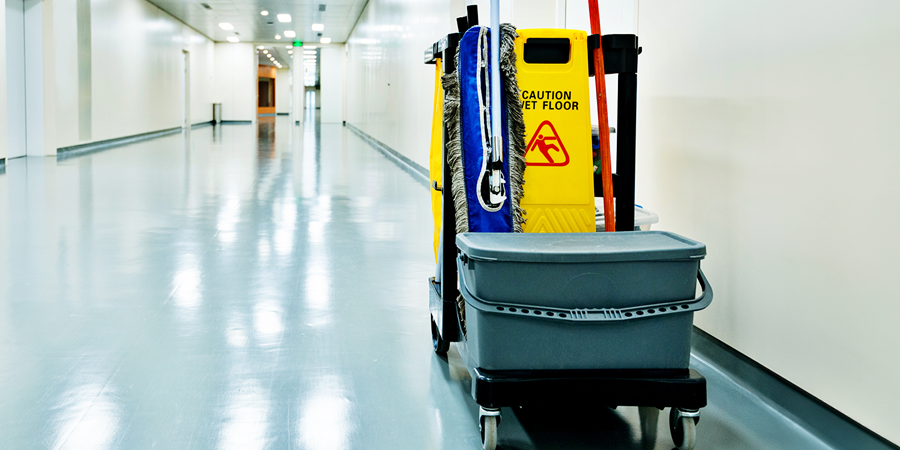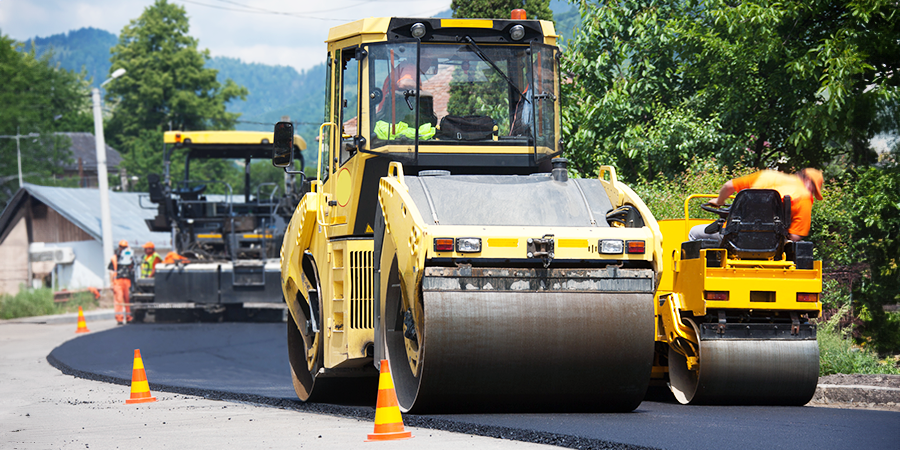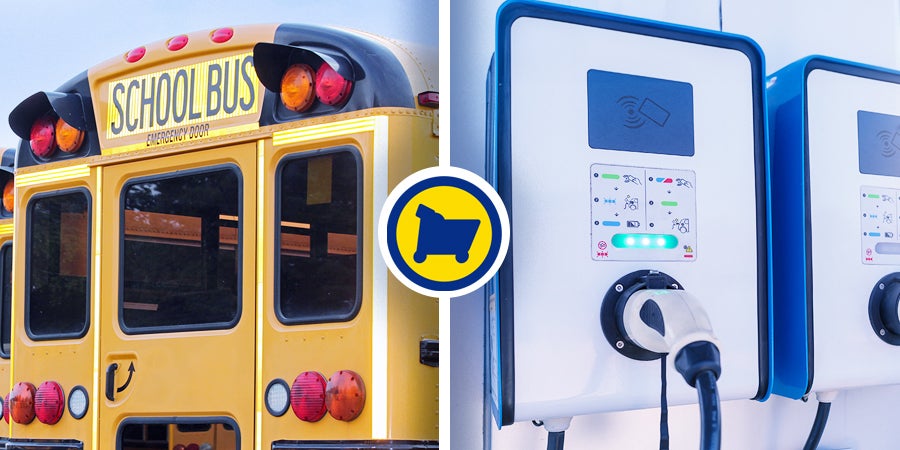ChromeBook Expiration Dates and How They're Affecting School Districts
In March 2020, as the COVID-19 pandemic shut down schools across the country, district leaders struggled to find ways to keep students and teachers connected.
Many invested in Google Chromebooks as a good solution. The model's affordability and ease of use made it a popular choice for newly enacted digital device initiatives. Google saw record Chromebook sales in 2020, topping out at 11.2 million.
“A laptop that we were looking at was going to cost us $800 per student, versus a Chromebook, which was going to cost us $300 per student,” Louis McDonald, the director of technology for the Fauquier County Public Schools in Virginia, reported to Education Week in April 2023. “For every one laptop, I could buy two Chromebooks.”
As of February 2022, there were an estimated 50 million Chromebooks in use in classrooms across the country.
But a recent report by the U.S. PIRG Education Fund indicates that these devices may not be a long-term solution for districts. Chromebooks purchased during the pandemic are quickly approaching an expiration date that could leave schools struggling with outdated inventory.
Google refers to these deadlines as automatic update expiration, or AUE, dates. When a device reaches its AUE date, it no longer receives software updates, making it more likely to become obsolete. According to the U.S. PIRG Education Fund, devices that have reached this due date have limited usage and often cannot access online state testing websites.
"During the pandemic, or really anytime technology products start to be utilized, they always have a shelf life. Technology eventually becomes antiquated, and we need to have a plan in place to meet the needs of our staff and students," said Latanya Figueroa, Purchasing Manager at Clover Park School District, which is a BuyBoard member.
Replacing, repairing, and disposing of these devices can leave districts with a costly problem on their hands. In California, a Capistrano Unified School District representative told the OC Register that their district expects to spend $4.2 million over the coming school year handling the issues of outdated Chromebooks.
For districts seeking ways to repair their Chromebooks, finding spare parts poses another challenge. Manufacturers cannot keep up with the demand for parts needed by large school districts, leaving schools to source parts from third parties or their own out-of-use machines.
“During the pandemic, many members had to quickly purchase laptops and other technology in order to facilitate virtual learning,” said David Ricketts, National Director from BuyBoard. “For members who are trying to figure out how to manage these transitions, we provide contracts and services that can help.”
Districts with Chromebook inventories can check AUE dates by reviewing their devices’ settings. Districts can also confirm devices’ AUE dates before purchasing by checking Google’s online inventory of product AUEs.
Before purchasing devices with ChromeOS installed, districts can also by checking Google’s online inventory of product AUEs.
BuyBoard members seeking to purchase new devices or dispose of outdated devices can save time and money through the BuyBoard. BuyBoard Contract 661-22 Technology Equipment, Products, Services, and Software provides products and services such as:
- Computer hardware, printers, and scanners
- Device disposal services
- Technology service, repair, installation, and training
- Network and cabling products
- Digital signage
- Software for bill pay, web publishing, instruction, and admission ticket tracking
- Telecommunications equipment





